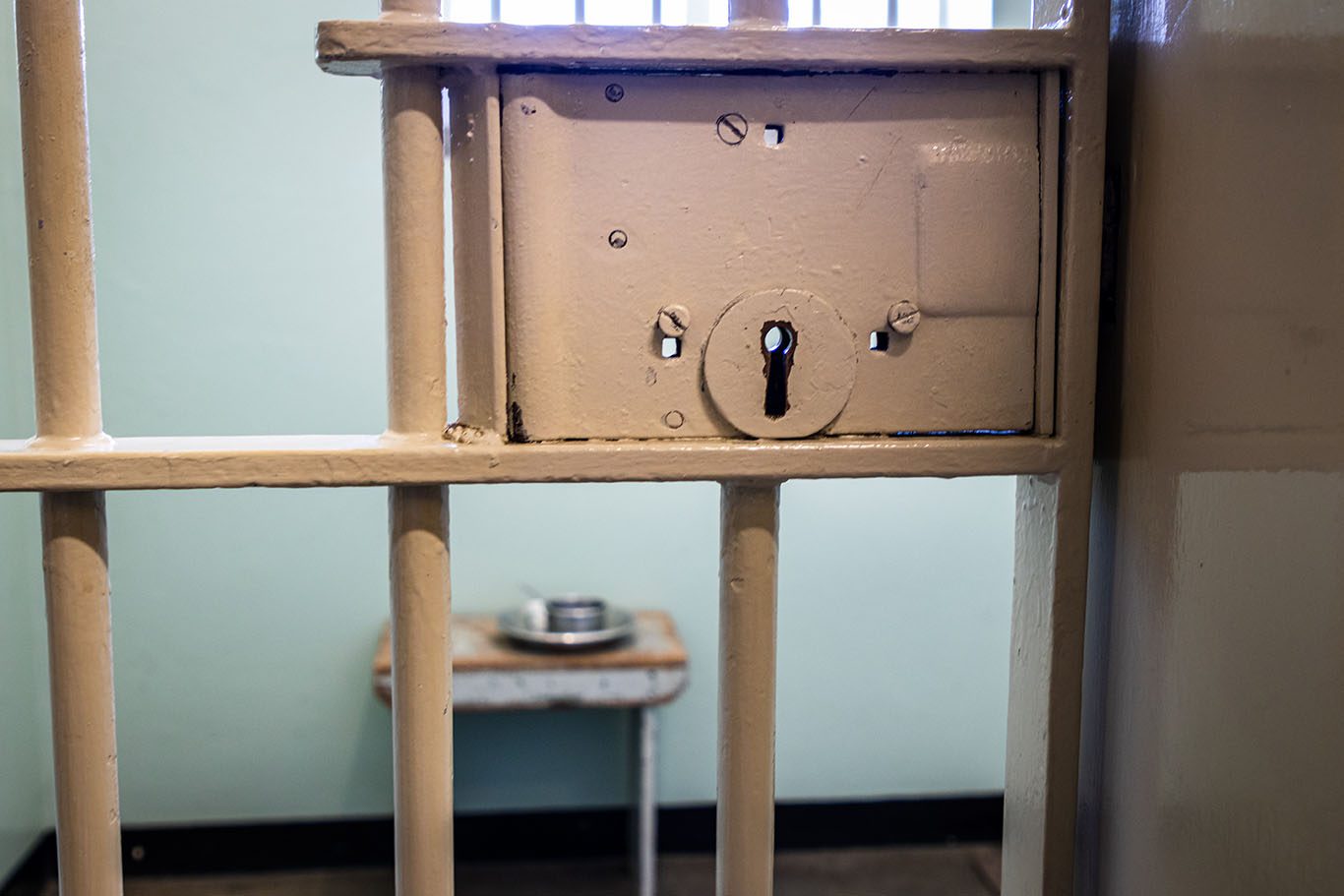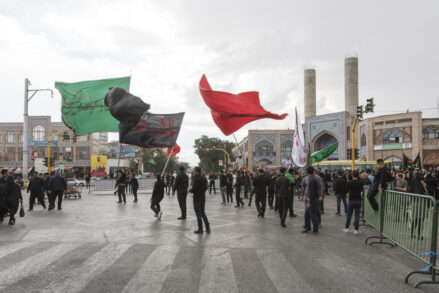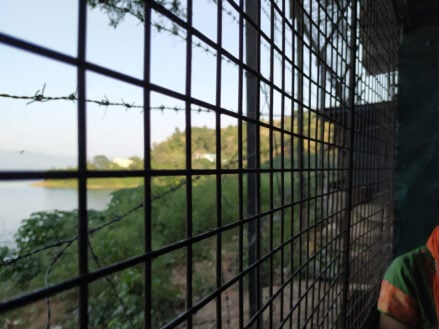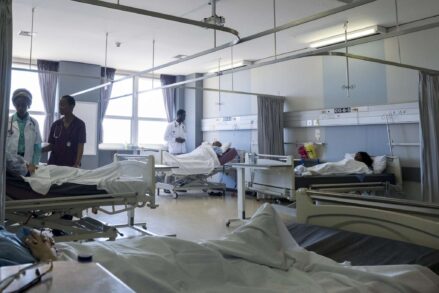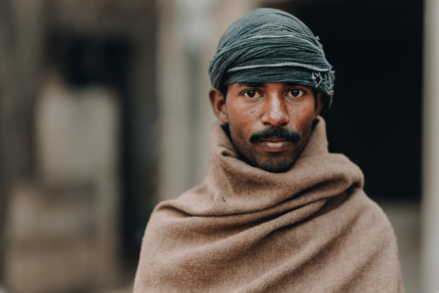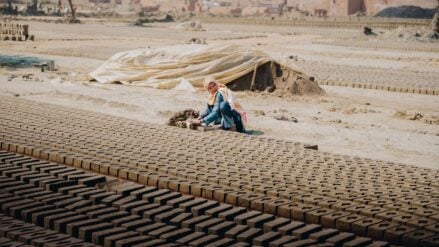Throughout Sub-Saharan Africa, persecution is coming at believers in West Africa, East Africa and Central Africa in full force. In the Horn of Africa (East Africa), the Muslim country of Eritrea is notorious for its intricate and inhuman prison system that often uses small shipping containers to hold prisoners. The country is estimated to be holding between 1,200 and 3,000 Eritreans on religious grounds.
For 11 years, Pastor Ogbamichael Teklheimanot spent his days imprisoned in Eritrea’s Mitire Camp infamously known as a military concentration camp. And because he refused to renounce his faith in Christ, Ogbamichael was subjected to particular abuses reserved for outlawed religious groups. His life is an example of the deep and continual persecution that Christians in Eritrea, especially those who lead the church, face every day. The good news of the pastor’s release and freedom has spread, causing great and widespread joy in Eritrea.
In October 2007, Pastor Ogbamichael Teklheimanot took a phone call from one of his church members who was fleeing the country. The pastor had no idea it would be his last day as a free man for the next 11 years.
Unbeknownst to him, Eritrean security forces were monitoring this church member. The phone call led to his arrest and imprisonment, though no charges were ever brought against Ogbamichael who served as the senior pastor of Kale Hiwot, or “Word of Life” church in the country’s capital city of Asmara.
Because He Refused to Renounce His Faith
Over the last 15 years, Pastor Teklheimanot has been in and out of jail cells, each time arrested for living out his faith in Christ.
In 2003, Ogbamichael was arrested and held for several weeks for continuing to lead church meetings. (In 2002, the Eritrean government introduced a law prohibiting Christian practice outside the Orthodox, Catholic and Evangelical Lutheran denominations, as well as Sunni Islam.)
Two years later, he was arrested again in January 2005 following his participation at a Protestant wedding ceremony. That arrest led to imprisonment in Asmara Police Station No. 5 followed by 10 months of solitary confinement and hard labor at Sawa military camp.
Before his arrest and detention in 2007, Pastor Teklheimanot had only been out of jail for six months. At some point during the next 11 years, he would find himself in Eritrea’s infamous Mitire Camp in the northwestern area of the country. Used specifically for members of outlawed religious groups, Mitire has been called a “military concentration camp” notorious for Christian torture and its abuses against prisoners. Christian leaders in these camps have reported being tortured and coerced to recant their faith or sign statements vowing they will not practice their faith, gather to worship, or express their beliefs in any way.
The good news of the pastor’s unexpected release and freedom has spread, with numerous human rights groups sharing his story.
“We are rejoicing for the release of a faithful man, and we are praying for his health and safety as he returns to a somewhat free life,” said Nathan Johnson, Africa regional manager for International Christian Concern.
Not Suffering Alone
Johnson reminds us that there are thousands like Pastor Teklheimanot who are still suffering under the country’s cruel and inhumane regime.
“The world must come together to end the abuse of human rights in Eritrea,” he asserts.
Throughout Eritrea, an estimated “thousands” of Christians are facing detention without being charged with a crime as “religious freedom continue[s] to be denied in Eritrea,” according to United Nations Watch, a UN monitoring group. In March 2018, 32 Christians were arrested in a fresh crackdown, and in January 2018, the government began closing all church-run initiatives, including medical clinics and education outlets. Other Christians, not yet detained, continue to flee the country.
In April, Father Thomas Reese of the U.S. Commission on International Religious Freedom told a U.S. human rights commission that Eritrea remained, “one of the worst examples of state-sponsored repression of freedom of religion or belief in the world.”
